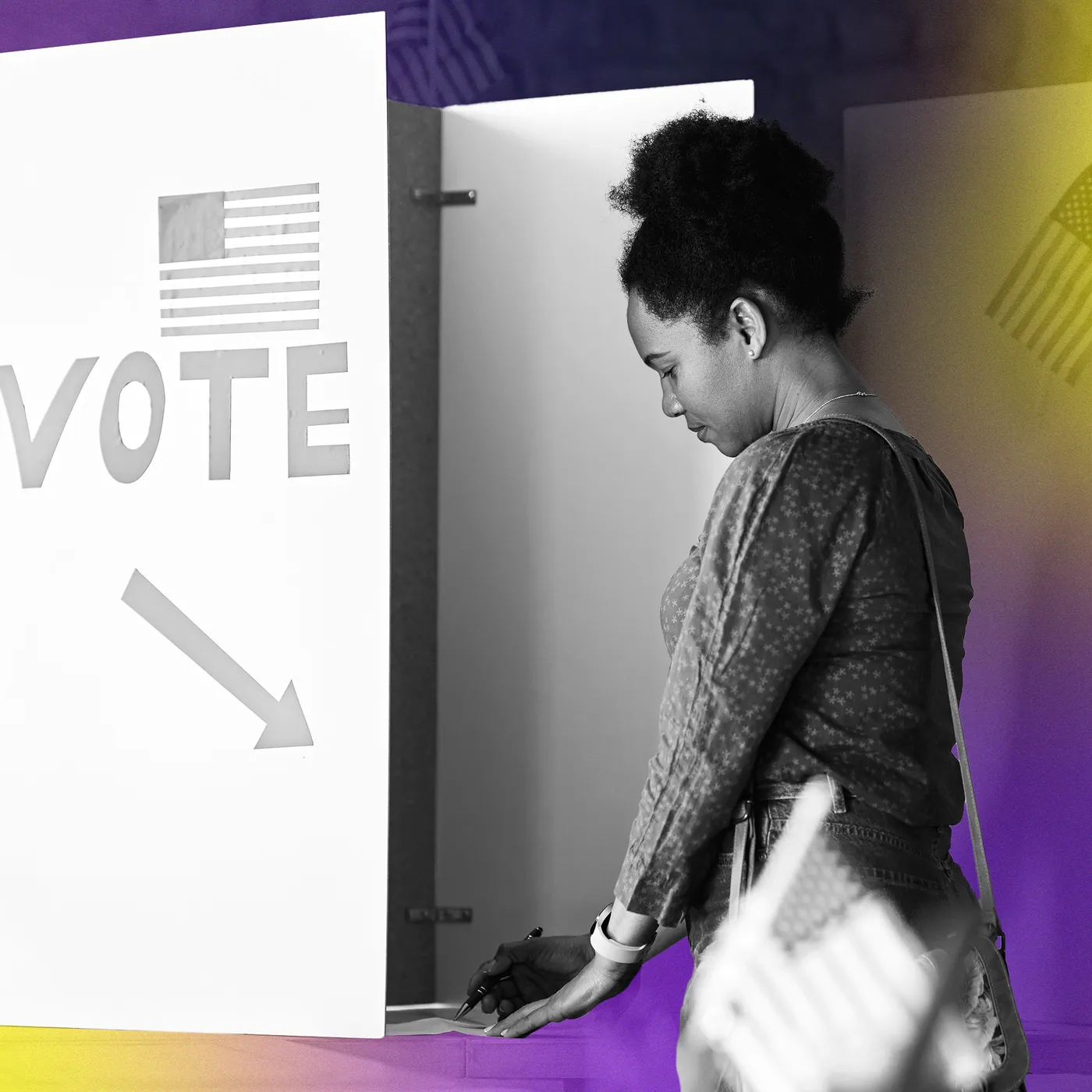As we delve into the murky world of search engine politics, one can't help but wonder: Is Google playing fair in the game of democracy? With allegations of search engine bias and election interference, the 2024 presidential campaigns might just be in for a wild ride. But hey, who needs fair and unbiased search results anyway? It's not like democracy depends on information access, right?
My Take: In a world where search engines decide elections, maybe it's time for politicians to start optimizing their meta-data instead of their policies.
In recent developments, concerns have arisen regarding Google's influence on the visibility of presidential campaign websites. Allegations suggest that Google may be favoring President Joe Biden's website while downplaying the online presence of his challengers. This article delves into the reported issues and their implications for the democratic process.
The Google Search Discrepancy
A content analysis and media watchdog based in Virginia has uncovered striking discrepancies in Google's search results related to presidential campaign websites. According to their findings, Google has seemingly removed the campaign websites of serious challengers to President Joe Biden from prominent positions in search results. Instead, Biden's website consistently occupies top positions, while his rivals are conspicuously absent from the first page of search results. This pattern effectively erases them from the searchable internet, raising concerns about the fairness of information access.
The Media Research Center's Investigation
The Media Research Center (MRC) conducted an investigation to shed light on this issue. Their research involved conducting searches for 'presidential campaign websites' on Google. Notably, their search was carried out in a controlled environment, minimizing the influence of prior search history and tracking cookies. The MRC's objective was to provide an organic search experience that reflects the most relevant and unbiased results.
Erasure of Threats to Joe Biden
The MRC's findings revealed a troubling trend: Google appeared to erase every perceived threat to President Biden's reelection bid. Even former President Donald Trump, who continues to maintain a significant following and was leading in polls as of August 30, did not feature prominently in the search results. This disparity raised questions about whether Google was deliberately suppressing certain candidates.
Exclusion of Prominent Challengers
One particularly surprising discovery was the absence of Democratic challenger Robert F. Kennedy Jr. from the search results. This omission was unexpected given that recent polls had placed RFK Jr. at nearly 20 percent in a hypothetical matchup against the incumbent president. Instead, the only presidential candidate featured on the first page was Marianne Williamson, a lifestyle guru and author polling at only 10 percent.
Promotion of Non-Presidential Candidates
Interestingly, Google also appeared to favor the websites of prominent Democrats who were not running for president in the upcoming election. Pages of figures such as former Secretary of State Hillary Clinton, Massachusetts Senator Elizabeth Warren, and Vermont Senator Bernie Sanders consistently ranked higher in the search results, despite not being presidential candidates.
Continued Election Interference
These findings were reminiscent of Google's previous involvement in elections, particularly in efforts to promote Hillary Clinton during the 2016 presidential race. Google's influence on elections and its disparate treatment of Republican candidates have been a recurrent concern. It is crucial to note that Google's actions may have far-reaching implications for the democratic process.
The Ongoing Battle Against Google's Bias
In response to these allegations, individuals and organizations have taken legal action against Google. RFK Jr. sued Google for violating his First Amendment rights, claiming that YouTube, a subsidiary of Google, had blocked his content under orders from the Biden administration. Similarly, former President Trump sued Google in 2021, alleging infringement on his free speech rights after being deplatformed from multiple mainstream social media platforms following the events of January 6th.
Conclusion
The allegations surrounding Google's influence on presidential campaign websites' visibility are deeply concerning, raising questions about the neutrality of information access during elections. As the 2024 presidential race unfolds, it remains crucial to monitor and address any potential bias in search engine results to ensure a fair and transparent democratic process.
I'm reaching out to ask for help in raising funds to purchase a modest, dependable used car. Having a vehicle would not only restore my independence but also allow me to engage more actively in my community and maintain essential aspects of daily living.
Help Chris Regain Independence with a Reliable Vehicle at GoGetFunding

